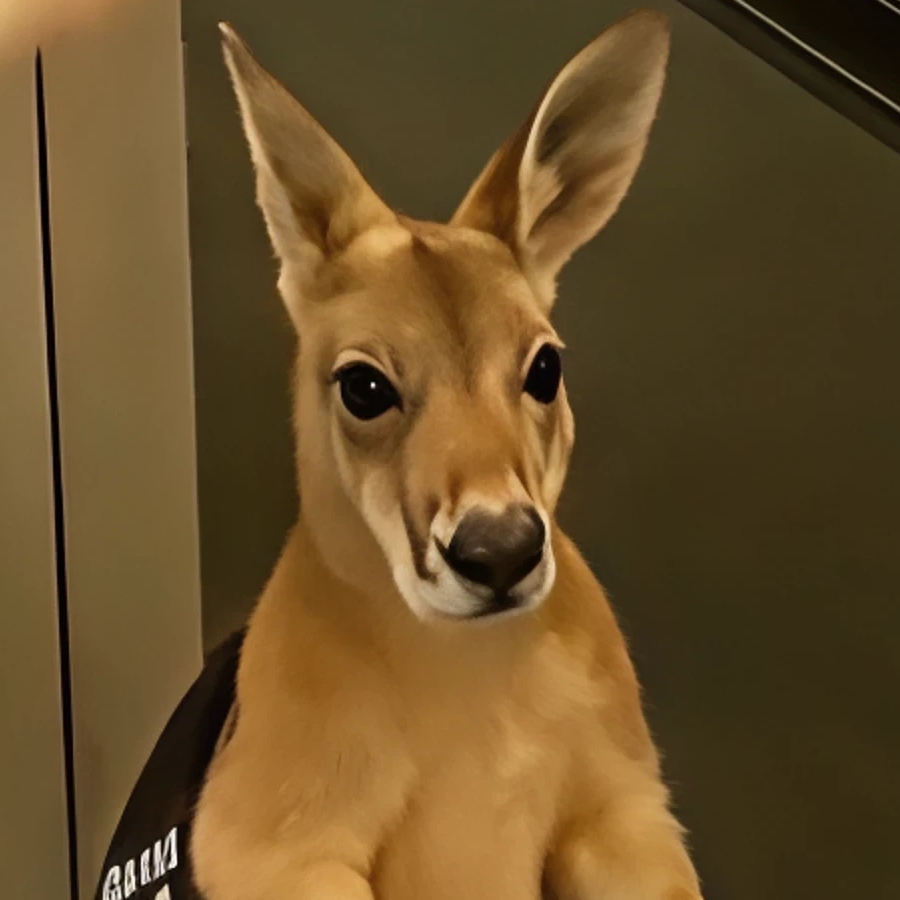
Kangaroo video from Veo 3 gathered 7 million views and deceived users
A video rapidly spread on Twitter depicting a kangaroo with a ticket in its paws not being allowed on board an airplane. In one day the video gathered 7 million views, despite the author’s indication about creating content with artificial intelligence.
Particularly revealing is the audience reaction: a significant part of users perceived the video as documentary evidence, entering into serious discussions about animal rights to air travel. Some claimed that the little kangaroo “causes less trouble than a drunk tourist”, while opponents insisted that “airplanes are for people”, and animals’ place is in the cargo hold. Also interesting is the emergence of parallel discussions about choosing the optimal animal for “emotional support” during flight.
The technological basis of this phenomenon was the Veo 3 model from Google company — one of the first video generation systems automatically integrating sound accompaniment and character speech. It was precisely the high degree of realism achieved through synchronization of visual series, sound effects and speech that became the key factor causing mass perception of artificial content as documentary.
And this episode with viral spread of generated kangaroo video may represent a significant indicator of generative artificial intelligence technologies reaching a critical threshold of realism. Beyond which public consciousness loses the ability to distinguish real and synthetic content.
